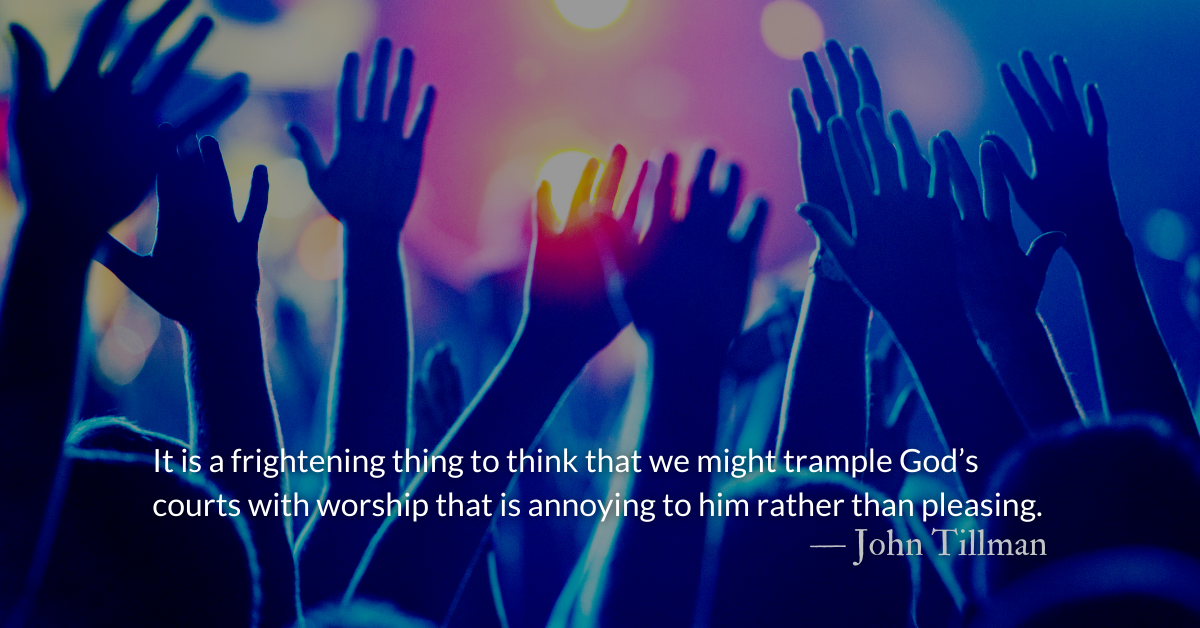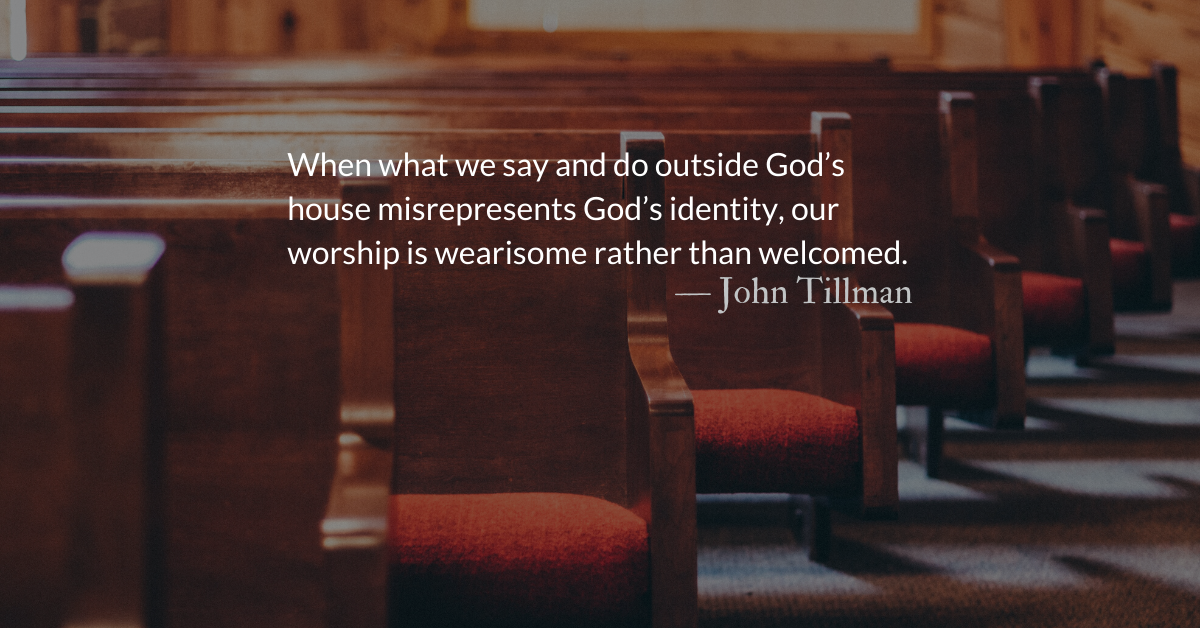Scripture Focus: Isaiah 1.4
4 Woe to the sinful nation,
a people whose guilt is great,
a brood of evildoers,
children given to corruption!
They have forsaken the Lord;
they have spurned the Holy One of Israel
and turned their backs on him.
Reflection: What About Ahaz?
By John Tillman
Verse one of Isaiah tells us he served during the reigns of Uzziah, Jotham, Ahaz, and Hezekiah. Jotham was a good king. Under Uzziah and Hezekiah, Judah thrived militarily and spiritually. Ahaz was the only bad seed. Of him, it was said, “he did not do what was right in the eyes of the Lord his God…” (2 Kings 16.2-4)
Why does Isaiah open with condemnation of the rebellious nation? Why is Isaiah dragging everyone? What about Ahaz? If we just got rid of Ahaz, wouldn’t everything be okay? Apparently not.
Perhaps when you read about a bad king in the Bible, like Ahaz, you think of a current leader. “If we just got rid of fill-in-the-blank…” I confess that I think of more than one name for that blank, from more than one political party. If I were Isaiah, I’d be tempted to name check people. But Isaiah namechecks the whole nation. “What about you?” he says.
Of course, the removal of wicked leaders is a worthy cause. Prophets, including Isaiah, regularly confronted wicked and errant leaders. (Rabbinic tradition tells us Hezekiah’s son, Manasseh, murdered Isaiah.) But there’s a difference in confronting wicked leaders and pushing off the blame on them. The buck may stop at the president’s desk but sin spends plenty of time on every desk and kitchen table in the country.
The king on the throne of a nation does not determine its righteousness. No matter what king is elevated or deposed, we need to depose sin from the throne of our hearts.
Let us check our own hearts, using Isaiah 1.15-17.
“Your hands are full of blood!”
Are you “clean?”
This blood represents suffering. What suffering have you caused or could have eased?
“…stop doing wrong. Learn to do right…”
Will you repent?
You cannot repent of what you claim is not sin.
“…seek justice.”
Will you seek righteousness?
Righteousness is not forcing others to live in obedience. It is killing your own sinful nature.
“Take up the cause of the fatherless; plead the case of the widow.”
Who will you defend?
Will you take up the cause of the oppressed, even ones who make you uncomfortable?
“Defend the oppressed.”
Who will you correct?
“Defend the oppressed” can be translated as “correct the oppressor.” Correct those in your circles. Leave others to God.
Before we confront “Ahaz,” be sure we confront ourselves honestly.
Divine Hours Prayer: The Request for Presence
Send out your light and truth, that they may lead me, and bring me to your holy hill and to your dwelling;
That I may go to the altar of God, to the God of my joy and gladness; and on the harp I will give thanks to you, O God my God. — Psalm 43.3-4
– From The Divine Hours: Prayers for Summertime by Phyllis Tickle.
Today’s Readings
Isaiah 1 (Listen 4:36)
Psalm 94 (Listen 2:08)
Read more about Wearisome Worship
It is frightening to think that we might trample God’s courts with worship that is annoying to him rather than pleasing.
Read more about Supporting Our Work
Please consider becoming a donor. Support ad-free content that brings biblical devotionals to inboxes across the world.









